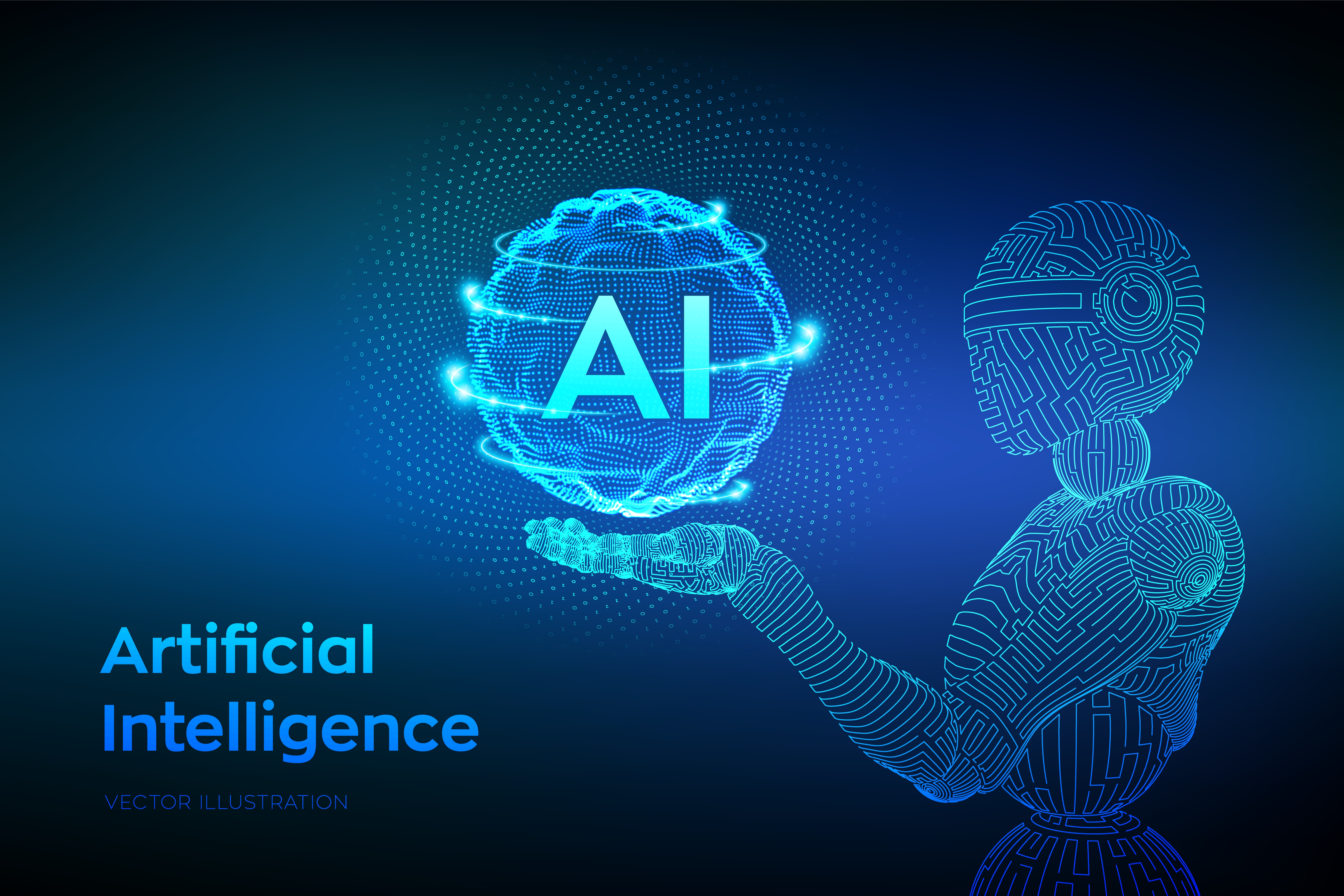Pre_requisite: Artificial Intelligence did not arrive in 2023 like a lightning bolt. It is not a sudden miracle of code and computation, but the result of decades of steady evolution—rebranded today for commercial dominance.
This is not a battle over jobs. It is a battle over attention, discernment, and the integrity of the human learning process.
AI will not replace human beings. But believing it will could erode the very qualities that make us truly intelligent.
In this course, we will:
-
Trace AI’s real history from its early origins to the present hype cycle
-
Examine the marketing narratives shaping public perception
-
Explore how AI impacts human thinking, creativity, and learning
-
Learn strategies to stay critical and grounded in an age of automation
Let us ensure that in teaching machines to learn, we do not forget how to think.
course preview: Artificial Intelligence did not arrive in 2023 like a lightning bolt. It is not a sudden miracle of code and computation, but the result of decades of steady evolution—rebranded today for commercial dominance.
This is not a battle over jobs. It is a battle over attention, discernment, and the integrity of the human learning process.
AI will not replace human beings. But believing it will could erode the very qualities that make us truly intelligent.
In this course, we will:
Trace AI’s real history from its early origins to the present hype cycle
Examine the marketing narratives shaping public perception
Explore how AI impacts human thinking, creativity, and learning
Learn strategies to stay critical and grounded in an age of automation
Let us ensure that in teaching machines to learn, we do not forget how to think.






